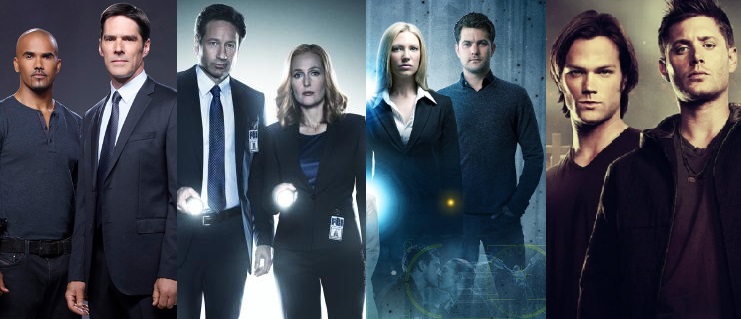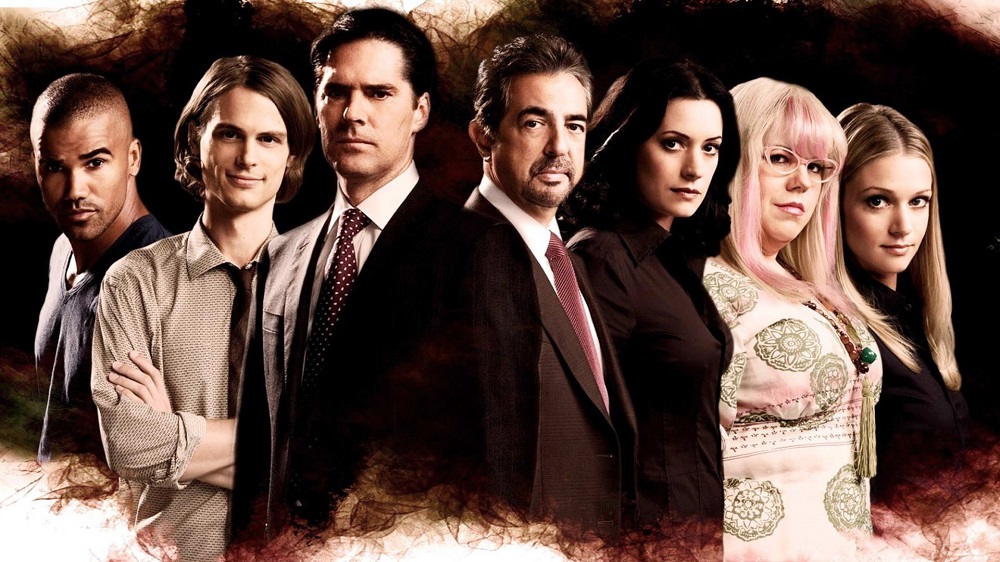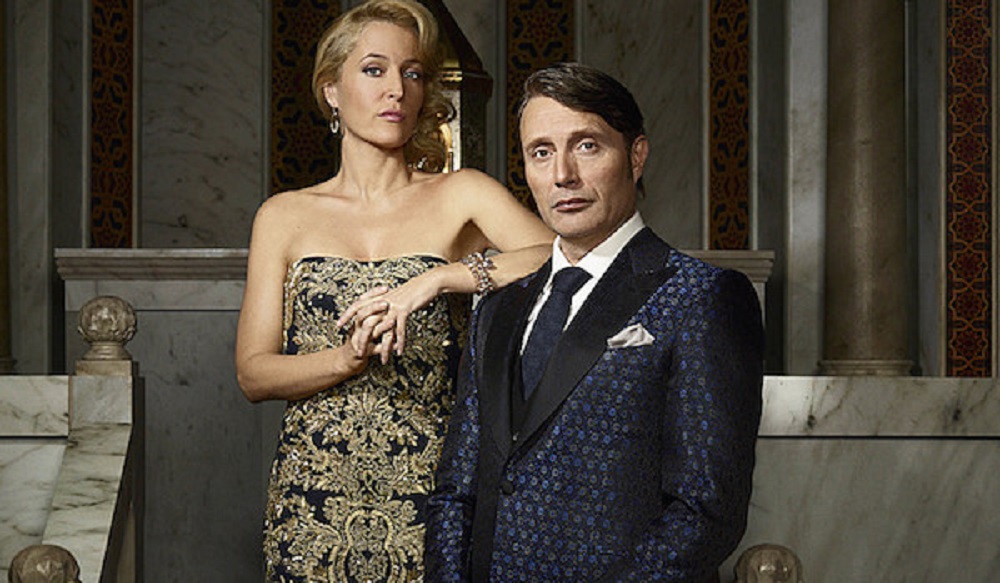Baz Greenland talks about The X-Files and how it's influenced popular modern television...
While it is easy to cite the influences of shows like Kolchak: The Night Stalker and Twin Peaks on the creation of The X-Files, it is also interesting to note just how much of an influence The X-Files has had on modern television. While it is known for monsters and aliens, its ability to tell varied stories week by week is what kept the show fresh year after year.
One week Mulder and Scully would be hunting a gruesome monster, the next involving themselves in a political thriller in the highest reaches of the US government. The week after that they would find themselves profiling a serial killer and the week after that a comedy drama involving absurd aliens and characters. It was never just one genre.
Ir is easy to see just how much of an impact on TV the show has had in the years since Mulder and Scully began their long quest for the truth. It opened a window to the FBI, which was largely shrouded in mystery in the years before. FBI-based shows have taken crime procedurals to another level, from criminal profilers in Criminal Minds (a show I will discuss in much greater detail shortly), to Fringe, which was largely seen as The X-Files' successor and now shows like Bones, The Blacklist, Blindspot and Quantico.
Let's talk about Fringe first, a show that began as an obvious The X-Files clone, as FBI agent Olivia Dunham and her team investigated 'Fringe' cases that sat outside the norm. In the first season we had a plane full of people dying mysteriously, a baby that aged 80 years with ties to a serial killer, a man with the ability to manipulate electricity, people with liquified brains, parasites wrapped around their victim's hearts, a man that can predict the future, people killed by dreams and murder victims who died by having every orifice sealed. These all sound as if they have been ripped straight out of The X-Files (in fact there are many similarities with classic episodes). But the ironic thing is that it only went from good to great when it moved away from this formula and expanded its own mythology; the concept of a war between alternate realities.
But just because a show follows The X-Files formula, that doesn't mean it can't be successful. If Fringe tried to be The X-Files, then Supernatural was the true successor. By changing the setting - two brothers who hunt supernatural creatures - it felt a lot less obvious but it does follow the pattern Chris Carter established with a mix of mythology episodes (usually centred around an upcoming apocalypse) and monsters of the week. In fact, the narrative of the first five seasons was about the end of the world, culminating in the rise of Lucifer, but like The X-Files, Supernatural struggled the more it went on. Both shows wrapped up the majority of their myth arcs (The X-Files with 'One Son' in season six) and both struggled to continue it after the natural end. In The X-Files we had super soldiers, in Supernatural we had Leviathans, the Darkness and angels falling to Earth.
Supernatural was arguably more successful on the mythology front in its early years as that show had an end game. The X-Files meanwhile has produced more memorable monsters like Tooms and the Flukeman. Interestingly, where they both excel are the comedy episodes. If The X-Files classics like 'Jose Chung's "From Outer Space"' and 'Mulder and Scully Meet The Were-Monster' are considered comedy gold, then Supernatural has proved itself in its ability to provide equal hilarious episodes like 'Changing Channels' and 'The French Mistake'.
At the other end of the scale, The X-Files ability to delve deep into the dark psyche of terrifying killers like Donnie Pfaster, Luther Lee Boggs and John Lee Roche has led to another facet in television crime drama. Fox Mulder was a criminal profiler before his time investigating the supernatural and that experience led to audiences meeting some truly chilling monsters.
Episodes like 'Irresistible' led to retroactive-spin off Millennium, but the show was also responsible for dramas like the long running Criminal Minds, which focuses on a specialist FBI unit's attempts to understand and capture some of the US's most deadly serial killers. When Criminal Minds is at its best, it can deliver some truly horrifying storylines, killers that can chill the audience to the bone. Would it be as accessible without The X-Files introducing audiences to the worst of humanity?
Perhaps. But The X-Files brought serial killers into the mainstream; not all of them were supernatural, but they were just as terrifying as the likes of the Mothmen or Eugene Victor Tooms.
Shows like Person Of Interest, which deal with a deep distrust of the government, owe a lot to The X-Files too. Even in the much derived season nine, episodes like 'Trust No 1' created the idea of an ever watching secret government watching our every move and knowing our deepest, darkest secrets. Person Of Interest is all about the concept of a government that has the untapped power to surveil the lives of every citizen, while using those secrets to predict crime and save lives.
The X-Files also gave us writers like Vince Gilligan, who would go on to produce Breaking Bad, Alex Gansa and Howard Gordon, the masterminds behind 24 and Homeland and Frank Spotnitz (The Man In The High Castle). Most importantly, it gave is David Duchovny and Gillian Anderson. While both would do well, it is Anderson who is arguably the critical star of modern television, with prominent roles in Hannibal, The Fall and American Gods.
The X-Files may not be at its height but its popularity continues, with many desperate for season 11. Most significant is its influence on modern television; without Mulder and Scully TV might look very different...
You can find Baz on Twitter @bazgreenland.






No comments:
Post a Comment